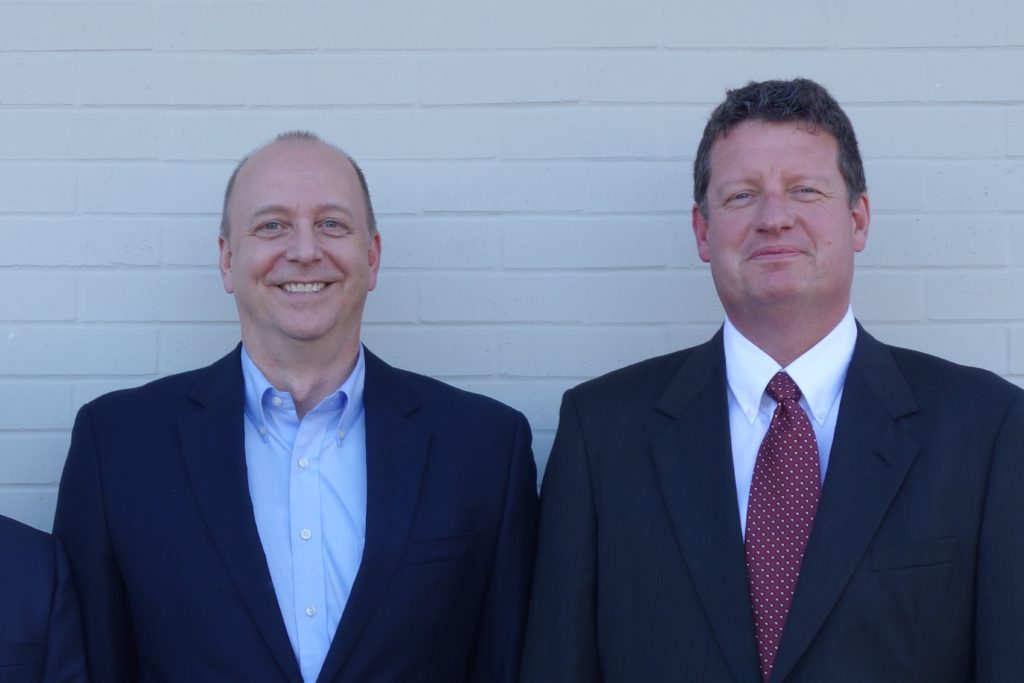Top 5 Fears Veterinarians Have About Practice Ownership (And How to Overcome Them)
 By Rod Johnston MBA, CMA, and Jim Vander Mey, CPA, ABI
By Rod Johnston MBA, CMA, and Jim Vander Mey, CPA, ABI
There are many advantages to owning a veterinary practice over being an associate veterinarian and not owning a practice. For one, the average veterinary practice owner makes approximately 20% more in income than an associate veterinarian working for someone else. A veterinary practice owner also gets to choose what procedures he wants to perform and what type of animals he or she wants to work on. Heck, they even get to choose which animals they want to work on. They can also choose their own hours, pick the days they want to work, and how much vacation they want to take. So, why aren’t veterinary associates owning practices? What are they afraid of? Here are a few fears we have encountered and how to overcome those fears:
- Fear of the unknown – Associates feel they don’t have the experience in owning a practice. They haven’t managed staff. They haven’t kept financial records. They don’t know what marketing to put in place. They don’t know what benefits to give employees, how to hire or fire employees, or even how to balance a checkbook.
Fear not, you don’t have to know everything at once. You know how to do veterinary medicine. That’s the first step in owning a practice. You have a few years of experience working as an associate in a veterinary practice. You’ve observed the owner working with and managing staff. You may have experience leading a team in school, playing sports, etc. These are all examples of good experience in handling staff. You don’t have to know how to keep books right away. We suggest getting a veterinary bookkeeper and then getting educated on reading financial statements. This can happen over time. Bottom line is if you are good at what you do and willing to learn the other parts of practice ownership, you’ll be just fine. - Fear of taking on more Debt – Read Robert Kiyosaki’s book, “Rich Dad, Poor Dad”. Not all debt is created equal. There is good debt such as student loans and practice debt that helps generate an income and there is bad debt such as credit card debt where you just borrowed money because you wanted something. Practice debt used to buy a practice that will help you make more money and build equity in an asset (the practice) is a positive thing. As long as it’s a good practice with good cash flow, you’ll be money ahead in the long run.
- Fear of the Corporate Giants – Don’t fear the corporate giants. They have their own niche targeting bargain shoppers and lemmings who follow the crowd. They also have a high turnover in their staff and doctors. You will provide excellent service with the same staff and veterinarian that the clients will see every time they come to your office. In a corporate environment, they’re not sure who they’re going to get.
- Fear of not knowing what to look for – This is a valid concern. You can educate yourself in a number of ways. There are great resources via podcasts, YouTube, etc., that can help you know what to look for. Quite simply, you start by looking at your desired location, then look at the cash flow of the practice and after that, you can get into the details. There are consultants and brokers who can also help you with reviewing practices. Identify your team that will help you overcome this fear.
- Fear of a recession – Recessions happen, typically every 8 to 10 years and last 10 to 12 months. You cannot avoid recessions or downturns in the economy, it’s part of life. But, during recessions, employees typically get laid off from work. If you own your own practice, you’re probably not going to fire yourself. You’ll probably keep yourself employed and busy. Owning a practice is a deterrent from getting laid off during a recession.
These are a few of the fears that we’ve seen over the years, and there are others as well. But, the best thing you can do is educate yourself and talk to practice owners, brokers and bankers. Seek advice and counsel from everyone you can. This will help you make a wise decision in moving forward with practice ownership.
